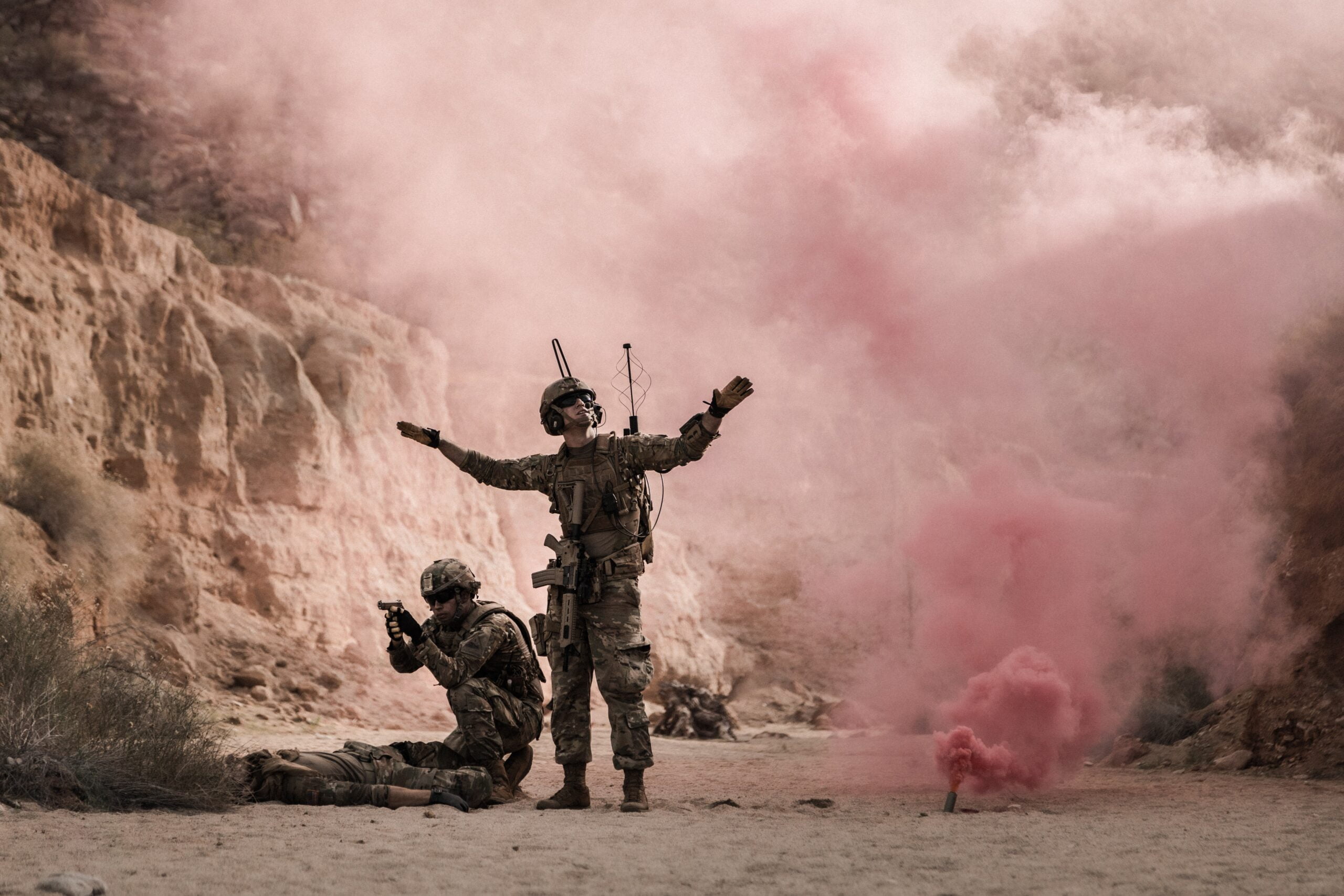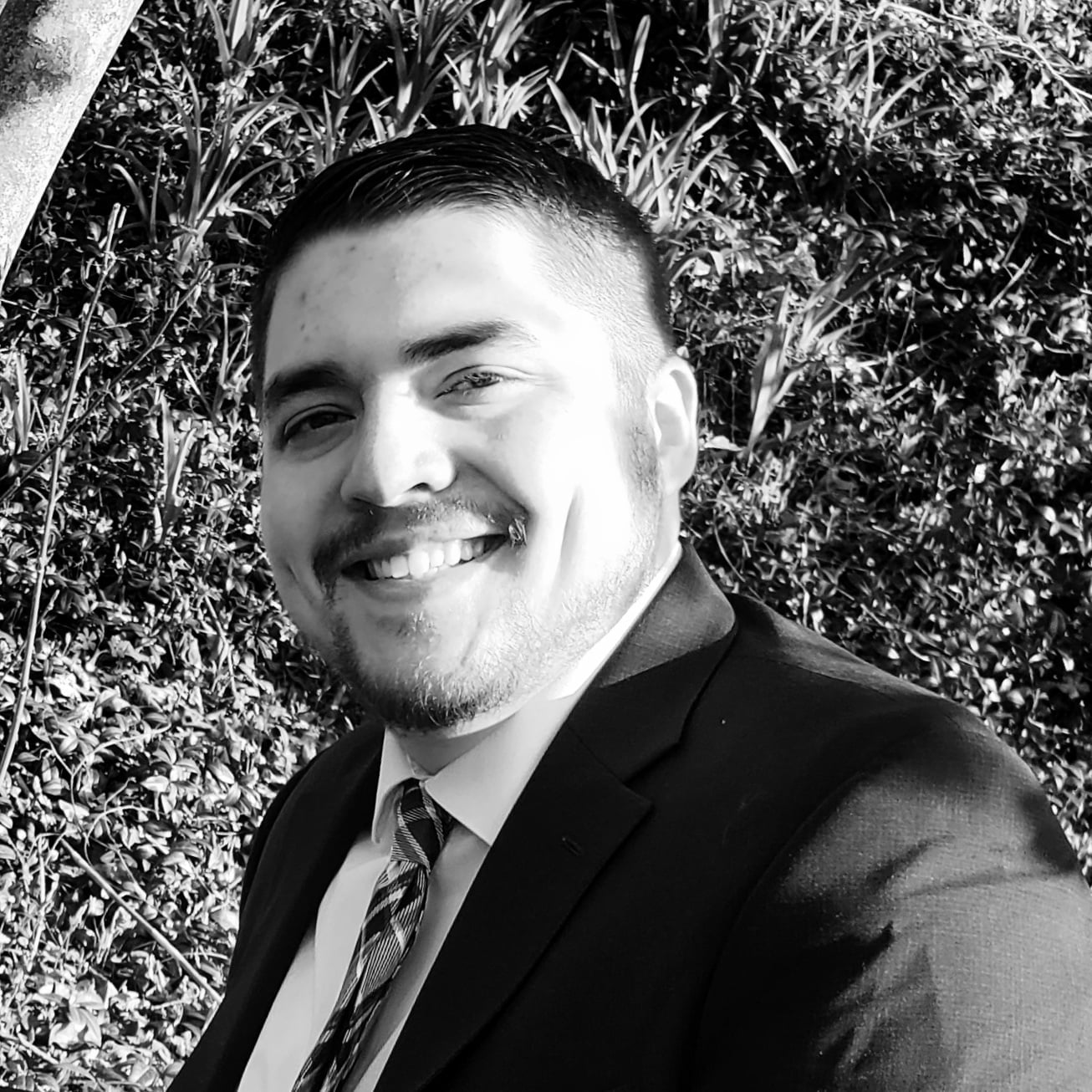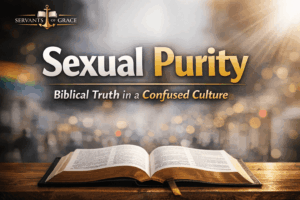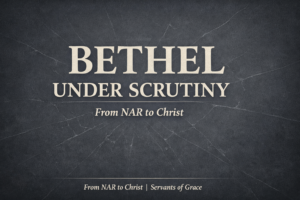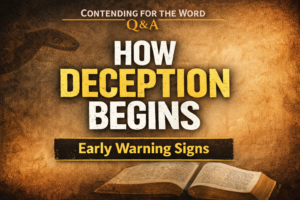⏱️ Estimated Reading Time: 7 min read
Recently, to celebrate my wife’s birthday, we took a ride with our son to Gettysburg, Pennsylvania. Though I seem to be the resident history buff of our household, my interest in our nation’s past and the history of Christ’s Church has rubbed off on her. So it was that, on her birthday, I somehow convinced her to make our way to Gettysburg National Military Park Museum.
This was, surprisingly for those that know me, my first time there. While I appreciate what was accomplished through the Civil War efforts, and while I’ve long known of the violence, bloodshed, and lost American lives, I have never seriously studied it as I have in other wars. The latter half of the nineteenth century in the United States is a period of my nation’s history that I know about in only the broadest of terms.
Entering the museum, we purchased our ticket and were immediately directed to a theater, where a short Civil War documentary was played, narrated by Morgan Freeman of all people. As far as short documentaries go, this one did as fine a job as any at informing the viewer about why the war was fought (in the broadest of terms, of course). But the real highlight came after the showing when we were directed down a double corridor hallway and up an enormous escalator. At the top, we found ourselves in a circular room with a painting surrounding us. This was the “cyclorama experience.”
The Gettysburg Cyclorama was painted by Paul Philippoteaux in the late 1800s and depicts the Confederates’ assault against the Union at Pickett’s Charge on July 3, 1863. Viewing it today, the artistic ingenuity needed to create the work is still impressive. While I suppose some may find the light show, sound effects, voice-over, and foreground effects gimmicky, I enjoyed them and thought they enhanced the experience.
During the cyclorama experience, quotes from those involved were read aloud, and one really caught my attention. It was from a soldier who admitted he was afraid to die, but at the same time, would take a bullet for any of his brothers. This led me on a search for the full quote, which I eventually found in a work from James M. McPherson. The soldier’s name was Nathan Buck, and he wrote a letter in response to his sister on July 9, 1864. The letter included the following:
You ask me if the thought of death does not alarm me… I will say I do not wish to die… I myself am as big a coward as any could be… but give me the ball [bullet] before the coward when all my friends and companions are going forward. Once and once only was I behind when the Regt was under fire, and I can’t describe my feelings at that time – none can tell them, only a soldier. I was not able to walk… but as soon as the rattle of musketry was heard, and I knew my Regt was engaged, I hobbled on the field and went to them… The untrained and old soldier are different in many respects. As to life, the new one looks out for himself, in or out of Battle… [But] the old one, when away from his companions, thinks of them and goes in, and the danger to himself is forgotten.[1]
Here was Nathan Buck, who was in no rush to fight other men to the bloody death. But the camaraderie he had experienced with those in his regiment made it so that he was willing to charge into battle alongside his brothers-in-arms to protect and fight alongside them, even if it meant almost certain death.
In countless biographies, I have heard it said and read that the bond shared between soldiers in active combat is quite hard to replicate elsewhere. There is something truly special about the bond that makes such men brothers willing to risk life and limb for one another. But it is this same bond that Christians should share in equal and even greater measures and degrees. After all, we too are said to be in a war:
- Ephesians 6:12: “For we do not wrestle against flesh and blood, but against the rulers, against the authorities, against the cosmic powers over this present darkness, against the spiritual forces of evil in the heavenly places.”
- 2 Corinthians 10:3-5: “For though we walk in the flesh, we are not waging war according to the flesh. For the weapons of our warfare are not of the flesh but have divine power to destroy strongholds. We destroy arguments and every lofty opinion raised against the knowledge of God, and take every thought captive to obey Christ…”
- 1 John 5:4-5: “For everyone who has been born of God overcomes the world. And this is the victory that has overcome the world—our faith. Who is it that overcomes the world except the one who believes that Jesus is the Son of God?”
Whether we use the metaphor of wrestling evil, tearing down strongholds, or simply waging war, we must recognize the truth that we are at war. This is a more than a physically bloody battle; this is a spiritual battle. Yet, we are overcomers in this war because of Jesus. The one who believes that Jesus is the Son of God does indeed overcome the world (1 John 5:4).
Though the victory is won by Christ, and though we are counted as overcomers in Christ, there are battles still being fought. The decisive and final blow against Satan was struck by Jesus on the Cross two thousand years ago. Still, it is as though tiny skirmishes are being fought daily, wherein the Saints of God find themselves up against a tenacious army that, though defeated, is still out for blood.
We do not fight these skirmish battles alone. Christ, our King, leads the charge, but all around us, we see fellow soldiers in Christ’s army. As the writer of Hebrews commands in Hebrews 12:1-2:
Therefore, since we are surrounded by so great a cloud of witnesses, let us also lay aside every weight, and sin which clings so closely, and let us run with endurance the race that is set before us, looking to Jesus, the founder and perfecter of our faith, who for the joy that was set before him endured the cross, despising the shame, and is seated at the right hand of the throne of God.
The Kingdom of God, and therefore the army of the Lord, is composed of every saint throughout history who has confessed Jesus Christ as their Lord and Savior. We stand upon their shoulders. And, all the while, we remember that we are paving a pathway through the battlefield for all who will follow after. We are not only encouraged to look around us at our brothers and sisters who are presently fighting the good fight of faith, but back to those who have walked these paths and fought these battles before.
Spiritually speaking, our union with God through Christ is one of the greatest realities of comfort and assurance that we now possess. But the other aspect of our union with Christ is that we share communion with our brothers and sisters in Christ. This should encourage us as well.
This also means that, like Nathan Buck, we should rush to the aid of our allies in Christ. We should desire their victory. When we see a brother or sister stumbling, we should not delay but quicken to their side to help them. We should share in one another’s burdens continually. As Paul says, Romans 12:14-15: “Rejoice with those who rejoice, weep with those who weep. Live in harmony with one another. Do not be haughty, but associate with the lowly…”
The closeness of soldiers in times of war should be surpassed by the great oneness of the Body of Christ, for we are in a spiritual war. Look to the soldiers who stand beside and around you and love them as Christ loves them. Your King leads the calvary charge, so follow Him into battle with your brothers and sisters alongside you, knowing with certainty that the victory belongs to the Lord.
[1] Found in: James M. McPherson, For Cause and Comrades: Why Men Fought the Civil War (Oxford: Oxford University Press, 1997), 87. (I have edited Buck’s writing for clarity and readability.)
